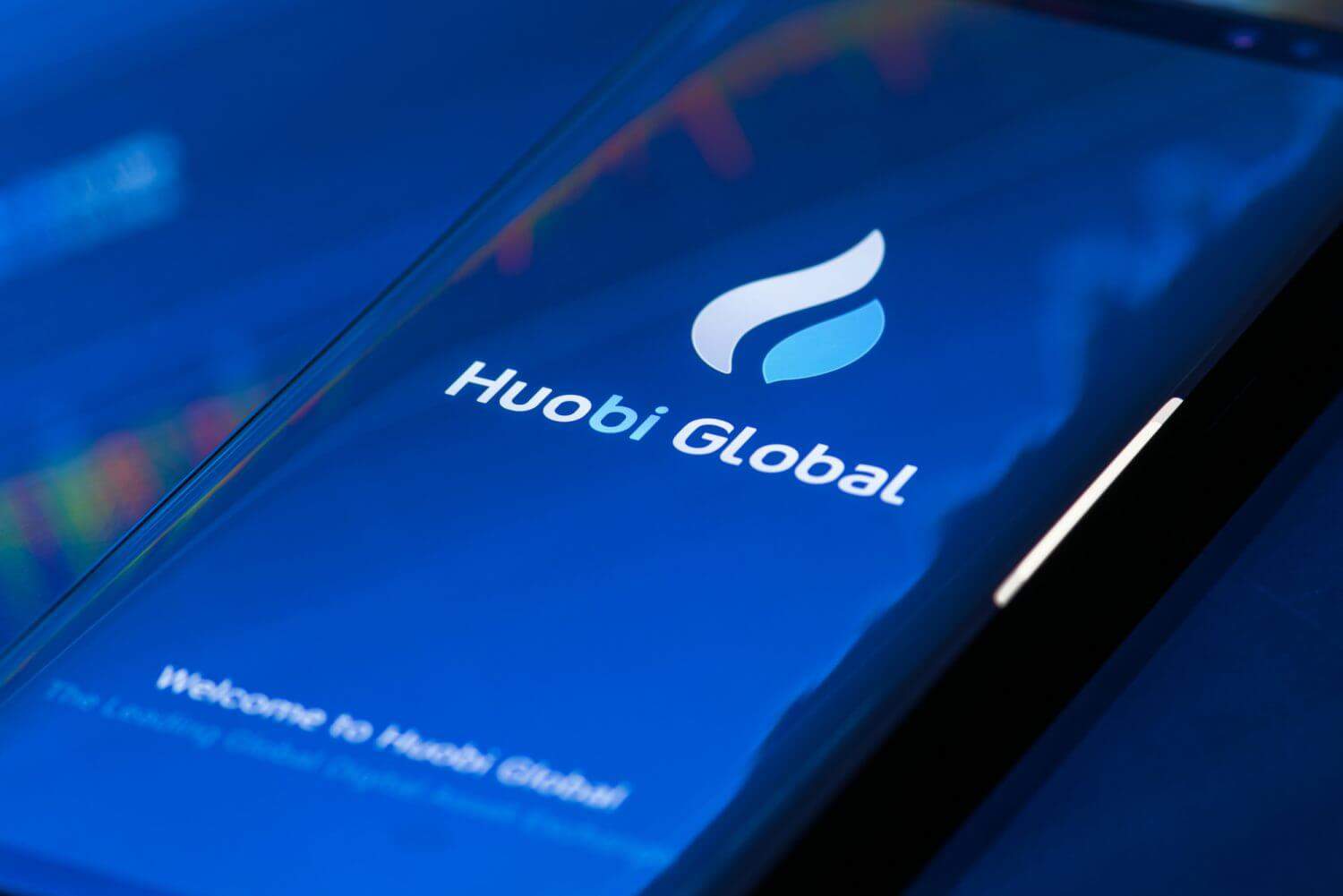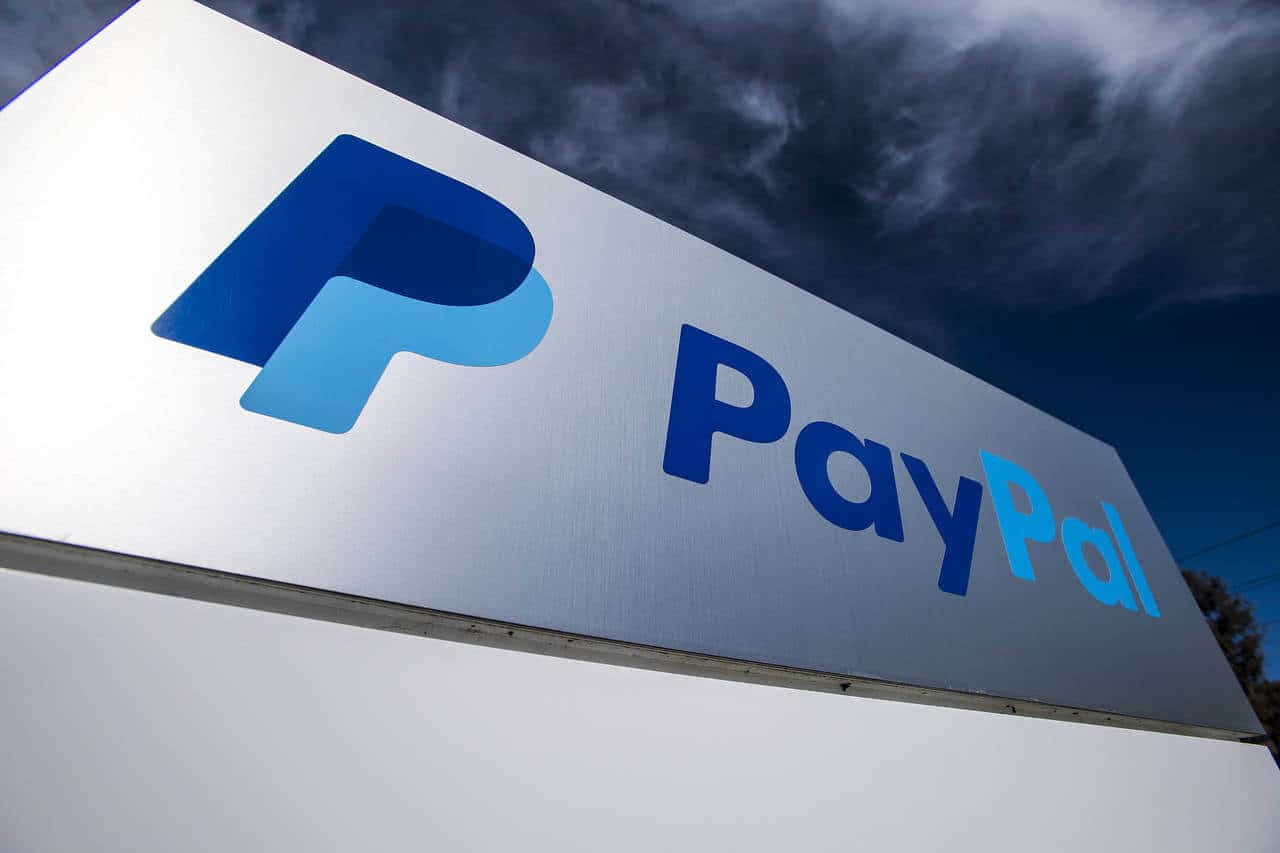Join Our Telegram channel to stay up to date on breaking news coverage
Huobi, a major Japanese crypto exchange, has allowed its users to vote on which cryptocurrencies they want to be listed on the exchange. This voting process will end on the 16th of August, 2020.
Choice By Popular Vote
Huobi posted an update on its website on the 16t of July, showing that the Japan-based crypto exchange is considering adding several new tokens to their offering. These tokens are IOS Token (IOST), Enjin (ENJ), Ontology (ONT), Neo (NEO), Tezos (XTZ, as well as Qtum (QTUM)
Huobi’s account holders are now capable of voting on which tokens they want to see listed on the exchange. The official starting date for this voting process was the 16th of July, and users are capable of voting once per account every Friday. This gives every account a user has the maximum capacity of five votes, with the voting process ending on the 16th of August, at midnight.
Refusing To Commit
The Japanese crypto exchange explained that it would incorporate the token that gained the highest amount of votes into consideration. What this means is Huobi is making no promises to list any coin, in particular, but will promise to consider the popular demand when they judge its listing feasibility.
The Many Origins Of Listed Tokens
It should be noted, however, that three of the tokens that Huobi had put up for vote are all based in China. IOST, in particular, stands as a platform in direct rivalry with the Ethereum blockchain, with its token revolving around the Internet of Services, or IoS. These coins are then used for payments within the IOST platform, as well as paying fees for smart contracts. NEO, another China-based crypto, is a public blockchain project aiming to incorporate digital IDs and smart contracts. ONT, in turn, focuses on providing blockchain solutions for businesses at large
Other coins stand as more international counterparts. Tezos, in particular, is a blockchain leveraging Proof-of-Stake (PoS) technology and stands as a joint project from Switzerland and the US. ENJ, in turn, powers the Enjin blockchain gaming platform, which allows them to create digital assets that are backed by the token. These assets can then, in turn, be distributed to users as items in the applicable game.
As it stands now, QTUM is the only one of the six proposed coins that managed to get whitelisted by the Financial Services Agency (FSA), the regulatory body for Japan. The QTUM token itself is already available for trading within the Coincheck exchange, as well.
Join Our Telegram channel to stay up to date on breaking news coverage



